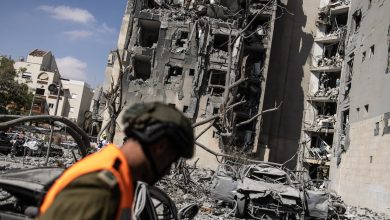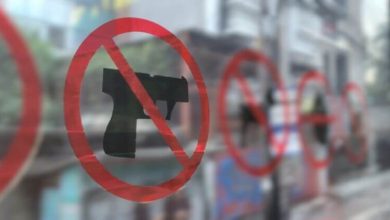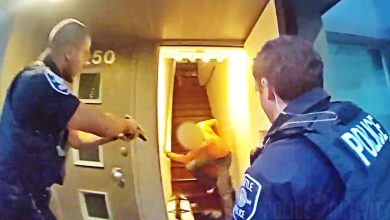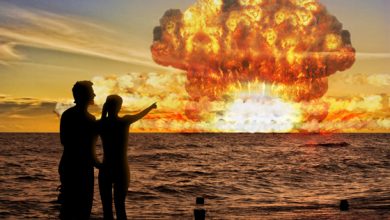Ukraine is determined, but tired
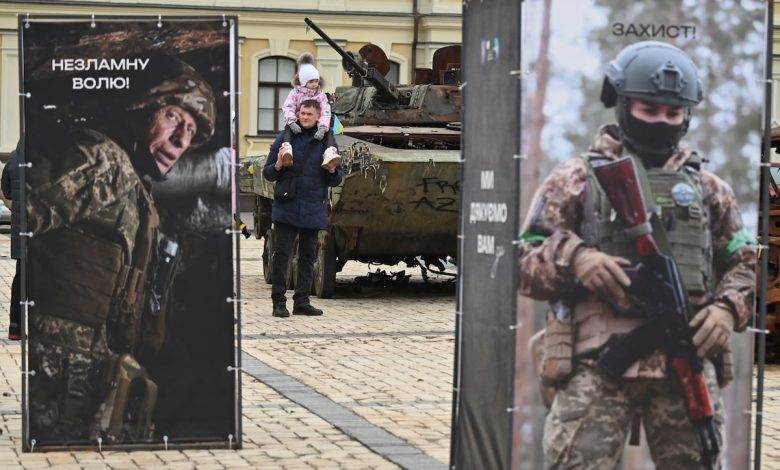
In late-December conversations in Kyiv, I found Ukrainians determined to resist Russian aggression but tired of war. No one, however, spoke of ending the fight, exhaustion, or permanent cessation of land to Russia. A negotiated peace was thought to be beyond reach, but even a ceasefire might be difficult to achieve. Left unsaid was that the West could risk resentment if it pressed Ukraine into a negotiation likely to fail.
I talked with two former prime ministers, a top national security adviser, a deputy defense minister, and others familiar with politics and national security. In this independent visit, I sought Ukrainian perspectives on the politics of the war and any efforts to end it.
Ukrainians were cautiously optimistic that President-elect Donald Trump was becoming more supportive. In early December in Paris, one leader said Trump had told President Volodymyr Zelensky that he would not abandon Ukraine. But Trump appeared to have no clear-cut plan to end the war. Trump, the leader added, also said NATO would not be available, but Zelensky said he would keep pressing for it.
Ukrainians saw other positive signs. One leader recalled that Trump was the first to provide lethal weapons (Javelin anti-armor missiles), and he opposed the Russian Nord Stream II gas pipeline. Trump would not want to preside over a failed negotiation, the leader surmised. If Friedrich Merz became Germany’s next Chancellor, another leader said, he and French President Emmanuel Macron would strengthen European leadership with more forceful support forUkraine.
Views differed on Ukraine’s military situation. One leader observed that in the failed 2023 counter-offensive, Ukraine lacked airpower, electronic warfare and air defense. A lot of capable people died. On the other hand, another leader said, Russia had failed to win the war at the outset, and it had lost a half-million personnel and half of its good officers. One leader assessed that to win the war, Ukraine would need a decisive advantage in drones.
Leaders said Ukraine could sustain its fight for perhaps another year or two. But, one leader stipulated, Ukraine would require a defensive strategy, with more fortifications and an end to offensives such as Kursk. Russians, with a large war economy and more people, might sustain a longer fight. They had a high tolerance for pain and could accept lower living standards.
Ukrainians voiced gratitude for Western support but also frustration. According to one leader, the West had provided only 30% of the weapons Ukraine needed. Ukraine could not mobilize more troops unless it could arm them properly. According to another leader, Ukraine could maintain morale if it sent new troops into battle in Bradley and Stryker armored vehicles, but not into the trenches poorly armed. The goal this year would be to stabilize the front and increase the scale of deep-strike bombing, a leader said.
Ukrainians did not expect NATO membership anytime soon, one leader commented. With its large, combat-tested forces and expanded defense industry, Ukraine would be potent asset for the alliance.
Prospects for a negotiated solution to the war were seen to be poor. Ukraine was not ready, one leader lamented, it needed to become stronger. Another said, all Ukrainians wanted the war to end and regretted giving up nuclear weapons to Russia, but Ukrainians did not want to give up an inch of their territory. If the West forced it, this would be like Munich in 1938. It would be the end of international law – force would have prevailed.
Potential negotiating positions were seen to be far apart. According to one leader, Putin would insist that Ukraine accept Russian sovereignty over Crimea and the four partially occupied regions in the east. And Ukraine would have to slash its armed forces, become neutral, and foreswear joining NATO. No Ukrainian leader could agree to this.
In any peace accord, a leader said, there could be no compromise on Ukraine’s sovereignty or territorial integrity, on the size or capability of its armed forces, and or on its ability to join the European Union and NATO. Ukraine would agree only to a just peace, one that deterred further aggression.
A negotiated peace or even just a ceasefire, leaders agreed, would require that Ukraine maintain its armed forces and be allowed to host European peacekeepers. They would have to be militarily credible, to help deter aggression. On Dec. 26, Russian Foreign Minister Sergey Lavrov disparaged prospects for a ceasefire, calling it a “path to nowhere.”
Ukrainians emphasized good governance. Democracy and civil society remained vibrant even though martial law imposed some media limits, a leader said. Corruption persisted, but Ukraine had strong potential to attack it, aided by U.S.-backed anti-corruption institutions.
Ukrainians agreed that during the war unity was most important. Elections could take place afterward. Zelensky was said to be planning to run again. He or General Valerii Zaluzhny could lead a coalition government. Now ambassador to the U.K., Zaluzhny was Commander-in-Chief of the Armed Forces of Ukraine. But one leader cautioned, “War is not an excuse to limit the role of the parliament.”
William Courtney is an adjunct senior fellow at RAND. He was U.S. ambassador to Kazakhstan and Georgia, and a Department of State senior adviser at the U.S. Commission on Security and Cooperation in Europe (Helsinki Commission).


